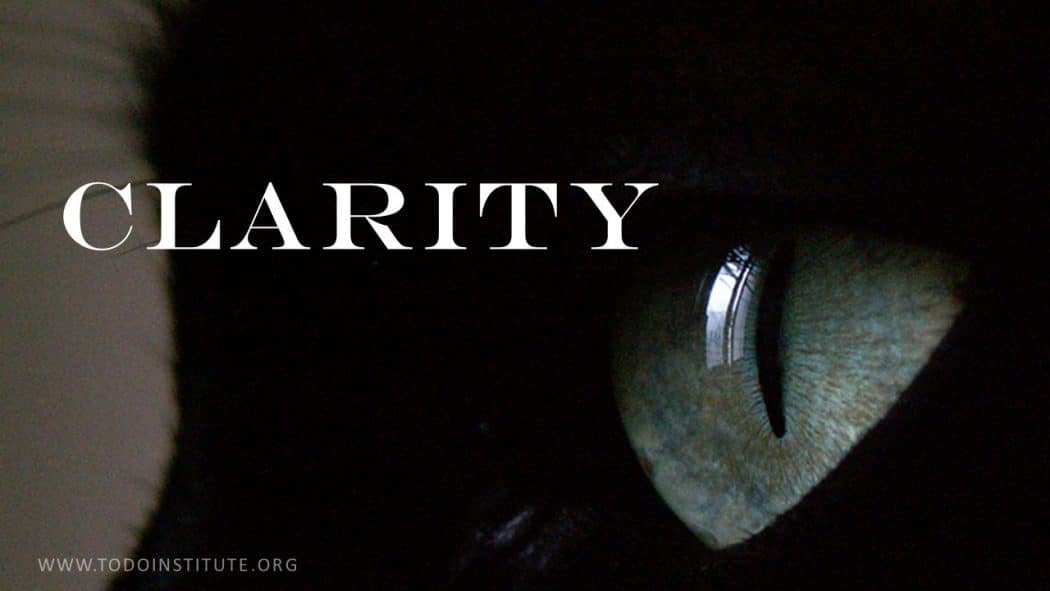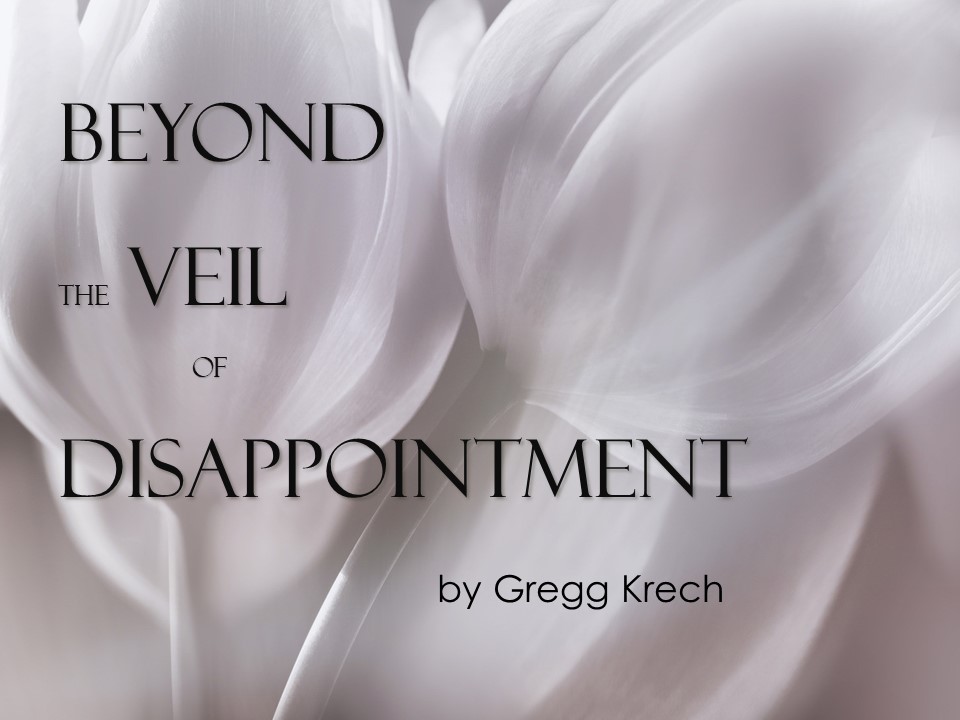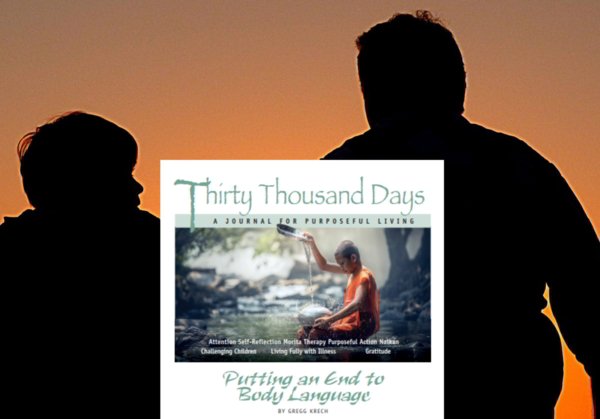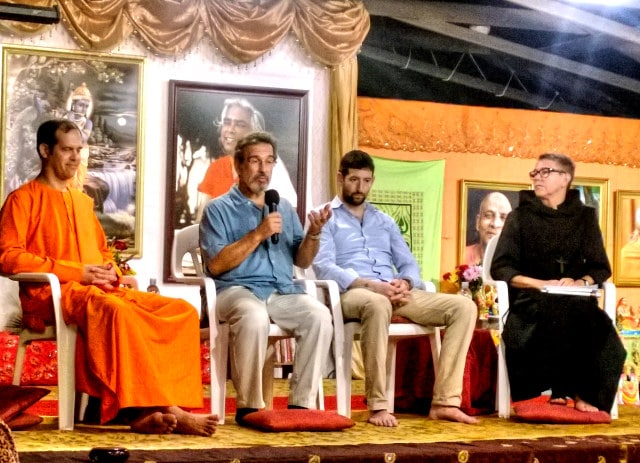I’ve just finished conducting a nine day residential training in Japanese Psychology at the ToDo Institute in Vermont. During portions of the training we put up a large piece of flip chart paper in order to create a Thank You – Sorry board. The image you see in front of you is an example of such a board after it’s been filled in. The process is really very simple. The top half of the board is reserved for notes of thanks from one person to another. The bottom half of the board is reserved for notes of apology. Throughout the day, people can walk up to the board and grab a marker and scribble a short note, either thanking someone or apologizing to them. As the board gets filled in, it becomes a record of some of the acts of kindness that have taken place that day.
-
Clarity: It’s best to get clarity before you begin, but it is also best to begin before you have clarity
Gregg Krech, , Mental Wellness, Taking Action, ToDo Institute, 0
When I began work on my book, The Art of Taking Action: Lessons from Japanese Psychology, I had a...
-
Beyond the Veil of Disappointment
Gregg Krech, , Coping with Crisis, Gratitude, Life Not on Hold, Mental Wellness, ToDo Institute, Crisis, depression, gratitude, 0
We can’t be thankful for the empty shelves at the supermarket, but we can be thankful for the food...
-
Nine Tips for Getting Your Kids Back to School
Gregg Krech, , Holidays, Mental Wellness, ToDo Institute, 0
by Linda Anderson Krech and Gregg Krech The start of the school year marks the passage of time for...
-
Conversational Narcissism
Kate and Brett McKay, , Relationships, 0
We hope you enjoy this article from our Summer 2018 issue of Thirty Thousand Days: A Journal for Purposeful...
-
The Moment You Become Aware That You’re Awake
Gregg Krech, , Gratitude, Kindness, Mental Wellness, Relationships, ToDo Institute, gratitude, Mindfulness, naikan, Neuroscience, 0
I had the good fortune of teaching a symposium on the theme of GRATITUDE at the Sivananda Yoga Center...
-
The Power of Turning Inward
Linda Anderson Krech, , Attention/Mindfulness, Gratitude, Kindness, Mental Wellness, Relationships, ToDo Institute, Attention, gratitude, Kindness, Mental Wellness, naikan, Relationships, Thirty Thousand Days, 0
Where do we turn for answers when we are faced with daunting questions? Who do we consult with when...
-
The Divided Brain
Gregg Krech, , Attention/Mindfulness, Mental Wellness, Attention, Mental Wellness, Neuroscience, Professional Members, 0
In this extraordinary video, Iain McGilchrist describes the real differences between the left and right halves of the human...
-
Single-Tasking
Linda Anderson Krech, , Attention/Mindfulness, Mental Wellness, ToDo Institute, 0
“Multitasking” is a way of life for many of us today, but the term is misleading and inaccurate. We’re...
Categories
Thirty Thousand Days
Recent Reviews
-
Constructive Living
Rated 5 out of 5by Mitsuo Ao -
Constructive Living
Rated 5 out of 5by Elisabeth Kubler-Ross, M.D. -
How To Live Well: Secrets of Using Neurosis
Rated 5 out of 5by Henry Kahn, M.D. -
Naikan: Gratitude, Grace, and the Japanese Art of Self-Reflection, Anniversary Edition
Rated 5 out of 5by Rabbi Rami Shapiro, author of Proverbs, the Wisdom of Solomon













Comments are closed.
Hi Gregg,
Thanks for posting this video today. This board seems like a skillful tool to use with a group. And it just so happens that earlier today I was thinking ” what sort of idea from Japanese Psychology can I take to this group this afternoon?” I’m beginning 12 weeks of coaching an intern as she works with seven young adults – ages 17 – 21 in a government funded jobs readiness program. They will be together 5 days a week doing computer training, GED, job coaching and then interviewing for jobs. The Friday group will provide leadership skills, provide a planning time for a group service project and also be a space to work on their relationships with each other and address issues that come up during the week. This board seems like a perfect way to introduce the whole idea of noticing what it is you notice in relationship to others and to practice expressing thanks and regret.
Thank you again for this simple tool.
Margaret